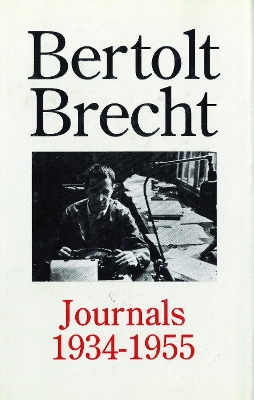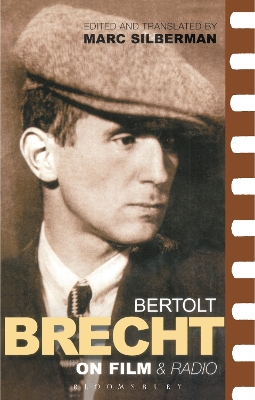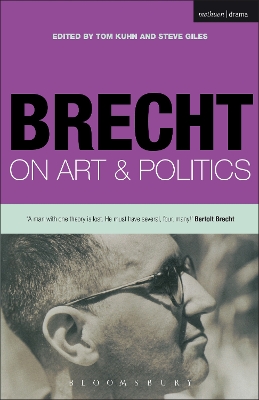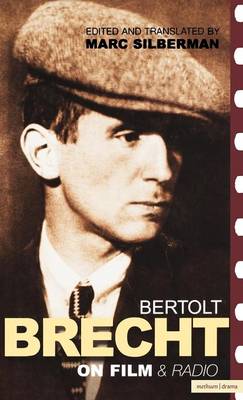Diaries, Letters and Essays
4 total works
"Those who dismiss Brecht as a yea-sayer to Stalinism are advised to read these journals and moderate their opinion." (Paul Bailey, Weekend Telegraph) Brecht's "Work Journals" cover the period from 1938 to 1955, the years of exile in Denmark, Sweden, Finland and America, and his return via Switzerland to East Berlin. His criticisms of the work of other writers and intellectuals are perceptive and polemic, and the accounts of his own writing practice provide insight into the creation of his dramatic works of the period, the development of his political thinking and his theories about epic theatre. Also integrated into the journals are Brecht's immediate reactions to and commentary upon the events of the period: his political exile's view of the course of World War II and his account of the House Un-American Activities committee."A marvellous, motley collage of political ideas, domestic detail, artistic debate, poems, photographs and cuttings from newspapers and magazines, assembled, undoubtedly for posterity by one of the great writers of the century" (New Statesman and Society)
From Weimar Germany to Hollywood to East Berlin, Brecht on Film and Radio gathers together a selection of Bertolt Brecht's own writings on the new film and broadcast media that revolutionised arts and communication in the twentieth century. Bertolt Brecht's hugely influential views on drama, acting and stage production have long been widely recognised. Less familiar, but of profound importance, are his writings on film and radio. From Weimar Germany to Hollywood to East Berlin, Brecht on Film and Radio gathers together for the first time a selection of Brecht's own writings on the new film and broadcast media that fascinated him throughout his life and revolutionised arts and communication in the twentieth century. Marc Silberman's full editorial commentary sets Brecht's ideas in the context of his other work."I strongly wish that after their invention of the radio the bourgeoisie would make a further invention that enables us to fix for all time what the radio communicates. Later generations would then have the opportunity to marvel how a caste was able to tell the whole planet what it had to say and at the same time how it enabled the planet to see that it had nothing to say."
(Bertolt Brecht)
(Bertolt Brecht)
The first single-volume anthology of Brecht's writings on both art and politics This volume contains new translations to extend our image of one of the twentieth century's most entertaining and thought provoking writers on culture, aesthetics and politics. Here are a cross-section of Brecht's wide-ranging thoughts which offer us an extraordinary window onto the concerns of a modern world in four decades of economic and political disorder. The book is designed to give wider access to the experience of a dynamic intellect, radically engaged with social, political and cultural processes. Each section begins with a short essay by the editors introducing and summarising Brecht's thought in the relevant year.
This volume gathers together, for the first time in English translation, Brecht's own writings on the new film and broadcast technologies that revolutionised arts and communication in the early part of the twentieth century This book includes all of Brecht's theoretical writing about film, radio, broadcasting and the new media written between 1919 and 1956 as well as all of his important screenplays produced during the 1920s and 1930s. Screenplays written during this time include an early sound-film adaptation of The Threepenny Opera, and a collaboration with Fritz Lang, Hangmen Also Die. Brecht's writings on the new media document his fascination with it from Weimar Germany to Hollywood and the movie industry.A must for students of Brecht and film studies alike.



